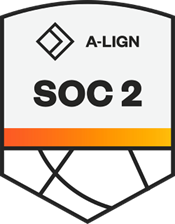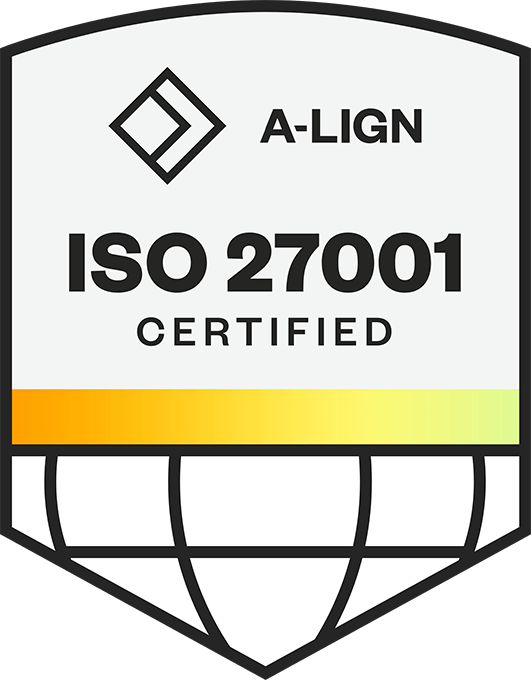What is the EMIR Refit?
Most European legislations periodically undergo the European Commission’s regulatory fitness and performance programme (Refit), whereby they are reviewed for potential enhancements and improvements. This process was completed for the EU’s EMIR regime in 2019, with changes implemented in July the same year to address compliance costs, transparency issues and insufficient access to clearing for certain counterparties.
This is referred to as EMIR Refit and introduced a range of updates to the existing regime to streamline the reporting obligations, improve the quality of the data reported, make supervision more effective and increase access to clearing by removing unnecessary obstacles.
Specific changes include those for “small financial counterparties” who became exempt from the obligation to clear their transactions through a CCP, while remaining subject to risk mitigation obligations. Smaller non-financial counterparties (NFCs) also saw reduced clearing and reporting obligations.


